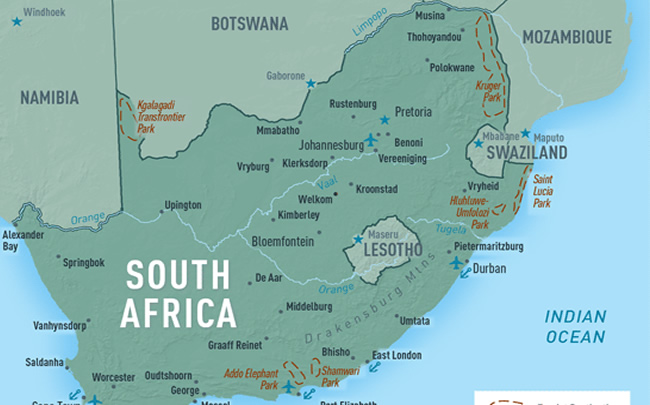The South African Post Office (SAPO) recently caused confusion and concern among its customers by announcing a sudden suspension of parcel services to the United States. This initial announcement, made via the social media platform X (formerly Twitter), stated that all outbound parcels containing goods destined for the US were suspended effective immediately. This abrupt halt in service sparked considerable anxiety among individuals, online retailers, and exporters who rely on the postal service for transatlantic shipments. The uncertainty surrounding the suspension and its potential impact on trade and personal correspondence generated significant public interest and media coverage.
However, the SAPO subsequently issued a clarifying statement, again through its official X account, aiming to alleviate some of the public’s concerns. The revised statement emphasized that the suspension applied exclusively to parcels containing goods and did not affect other mail categories. Letters, documents, and exempted mail, including military correspondence, would continue to be delivered to the United States as usual. This clarification sought to reassure customers that essential communication channels remained open despite the disruption to parcel services. The SAPO attributed the suspension to new US trade regulations that came into effect on July 30, 2025.
The new regulations implemented by the Trump administration eliminated the previous duty-free allowance of up to $800 on incoming parcels. This change necessitated a system overhaul for the SAPO to ensure compliance with the updated rules. The postal service explained that until such a system is in place to manage these new compliance requirements, parcels containing goods cannot be shipped to the US. This effectively placed a hold on a significant portion of the postal service’s international operations, particularly affecting businesses and individuals engaged in e-commerce and cross-border trade.
The SAPO further clarified its procedures regarding parcels already in the system. Items that had been lodged at the Germiston international mail centre but did not comply with the new US regulations would be returned to their senders. This measure, while necessary for adhering to the updated trade rules, further complicated the situation for those who had already shipped parcels under the previous duty-free allowance assumption. The back-and-forth nature of the announcements and the subsequent clarification created confusion and frustration among users of the postal service, who were left uncertain about the status of their shipments and the future of parcel deliveries to the US.
The broader context of this disruption lies in the ongoing trade tensions between the US and other countries. The Trump administration’s implementation of new tariffs and trade restrictions has been met with challenges and legal disputes. A US appeals court ruling declaring most of Trump’s tariffs illegal further complicates the landscape, adding another layer of uncertainty to the already complex trade situation. While the administration vowed to appeal the ruling, the legal battle contributes to the overall instability and unpredictability of international trade regulations.
In the immediate aftermath of these developments, South Africans are left with limited options for sending goods to the US. While letters and documents can still be dispatched across the Atlantic, the flow of physical goods remains disrupted. The suspension of parcel services pending a new compliance system leaves businesses and individuals reliant on alternative shipping methods, potentially at higher costs and with increased logistical complexities. The situation underscores the challenges posed by changing trade regulations and the impact of trade disputes on international postal services and the individuals and businesses who rely on them.


